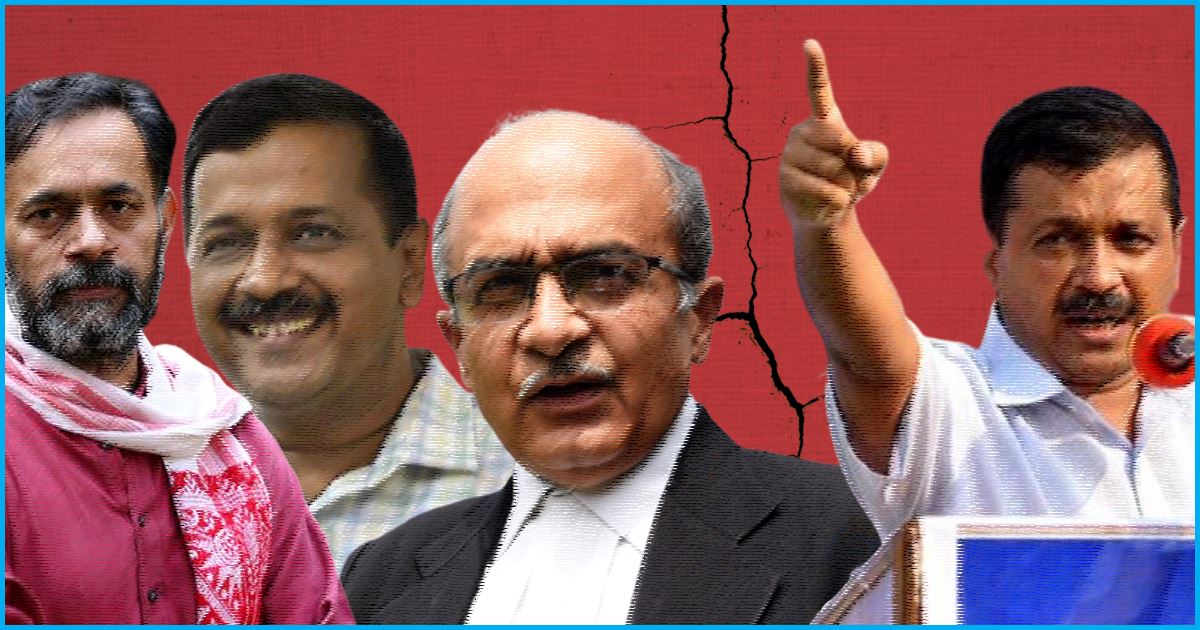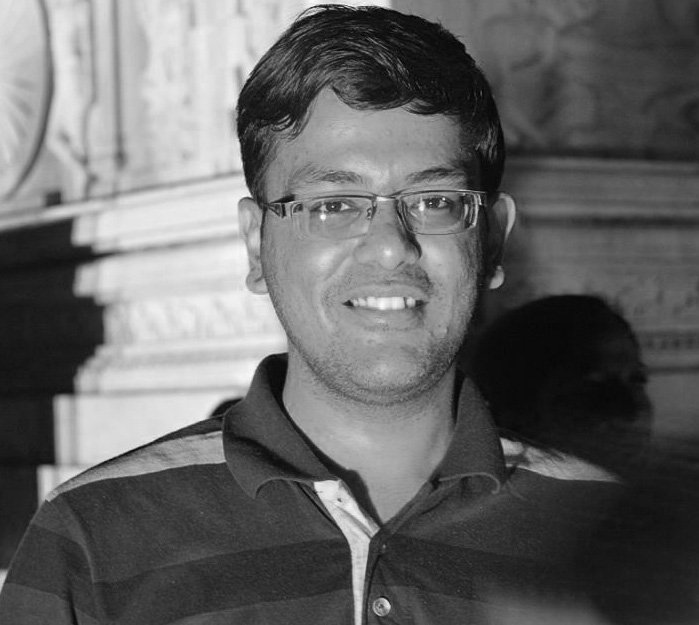
AAP - The Instances When ‘Party Of The Common Man’ Abandoned Its Own Causes
8 March 2019 4:57 AM GMT
As the nation gears up for the 2019 Lok Sabha elections, political parties have gone into overdrive mode, making elaborate plans and drawing out strategies in a bid to outclass each other in the mega-event of the world’s largest democracy. From sprucing up their local cadres across the country to forging alliances with once-rival political parties, they are not leaving any stone unturned to make sure that they put up a good fight. Out of all such activities spanning the headlines, one deal that has expectedly raised eyebrows is the intention of the Aam Aadmi Party to join hands with the Congress in Delhi. Once bitter-rivals who were at loggerheads during the 2013-14 election cycle, the alleged coming together of these two is being seen as a major compromise and a lapse of the ideals which the AAP initially championed. Although, a look at their journey over the last five years would show that this recent episode is just one among the many instances where the ‘party of the common man’ has been accused of abandoning its own cause.
So, when did it all start?
Exodus of party leaders:
One of the early signals that something was not right in the party came right after its landslide victory in 2015 Delhi elections, when it expelled its founding members Yogendra Yadav and Prashant Bhushan in an unceremonious turn of events. The reason given by AAP for this shocking expulsion was “gross indiscipline, anti-party activities and violation of code of conduct of the party” by the two. Yogendra Yadav had strongly contested these claims, questioning Arvind Kejriwal’s “supremo style of working” and “lack of transparency” in the party, while Prashant Bhushan had described the infamous National Council meeting of the party on March 28, 2015 as a “mockery of inner-party democracy” from where they were allegedly forced out. While claims from neither side could be satisfactorily proved, the subsequent resignations of highly eminent leaders like Medha Patkar, Gopalkrishna Gandhi, HS Phoolka and the sidelining of Kumar Vishwas showed that all was not too well within the party echelons.
Removal of donors’ list:
Soon after, a list of instances began to suggest that AAP had started to slowly compromise on its ideals. In June 2016, it took down the donors’ list from its website, citing that the website was being upgraded. Later, AAP claimed that the Income Tax department was harassing its donors at the behest of the BJP-led central government. The party, however, didn’t give any evidence of its claims. Although it did restore the list on the website after an uproar from its supporters and previous members, the party once again withdrew the list in September 2018 claiming similar threats of harassment from the Centre. To this date, the list hasn’t been put up again.
Transparency in political funding was a major differentiator for AAP when it had begun its political journey in 2013. Hence, these incidents certainly dented its clean image and were seen as letdowns amongst its supporters. As Mohit Agarwal, a volunteer from the party’s 2013 election campaign admits, “… AAP suffers from Over Promise and Under Delivery. In spite of having tried harder than any party so far, their work fades in comparison to their own tall promises.”
Refusal to give asset details:
One of the more recent examples of the apparent hypocrisy displayed by the party is its refusal to divulge asset details of its MLAs to the Lokayukta. In January this year, fifty AAP MLAs from Delhi were served notice by the Lokayukta Justice (retd) Reva Khetrapal to disclose asset details to it on the basis of an RTI complaint. To this, the party had replied that the MLAs were not obligated to furnish asset details as per the law, and that the Lokayukta was trying to get even with the Delhi government for its decision not to exempt the Lokayukta office from fitting GPS systems in official vehicles. While the legislators did disclose their assets and liabilities to the Election Commission before the 2015 elections, the issue was that information was not updated annually and so no one could find out how much an MLA’s assets grew since the last election.
Again, for a party that had won a historic mandate on an anti-corruption plank, and had prided itself in the honesty and transparency of its candidates, the refusal to comply with the Lokayukta order was baffling. Even if the law didn’t make it mandatory, the AAP MLAs should have disclosed their asset details as did the BJP MLAs and even the High Court judges, for the sake of upholding their own values of complete transparency
Other instances:
Apart from these major backtracks, there have been some other incidents that have called the conduct of the party and its National Convener into question. From Arvind Kejriwal asking the government to give proof for the surgical strikes conducted by the Army in 2016, to displaying bonhomie with a corruption-convict Lalu Prasad Yadav during Bihar CM Nitish Kumar’s swearing-in ceremony, AAP has occasionally found itself on the wrong side of politics and has been left scrambling for explanations.

With the Lok Sabha elections just weeks away, the party now faces a virtual test of its conduct and actions over the last five years. It is looking to contest seats in several states, including atleast six seats in Delhi. Although the AAP government in Delhi has been making news for more good reasons than bad – being praised for its work in the education sector and for bringing citizen-friendly schemes like Doorstep Delivery of govt services – it is not clear how much this will influence the voters who will be electing candidates for the Lok Sabha and might be keeping in mind the performance of the party rather than the Delhi government. To this end, AAP would do well to ensure that it goes back to its core founding principles that had made it a legitimate alternative to the traditional political parties. The time has come for the party to do some serious introspection, acknowledge its mistakes, and recalibrate its stand on crucial matters of anti-corruption and political funding. Only then will it live up to its own slogan of the “party with a difference” and make a truly viable impact on the political landscape of the country.
Also Read: Delhi: AAP Government To Spend Rs. 520 Crore On Advertisements
 All section
All section













